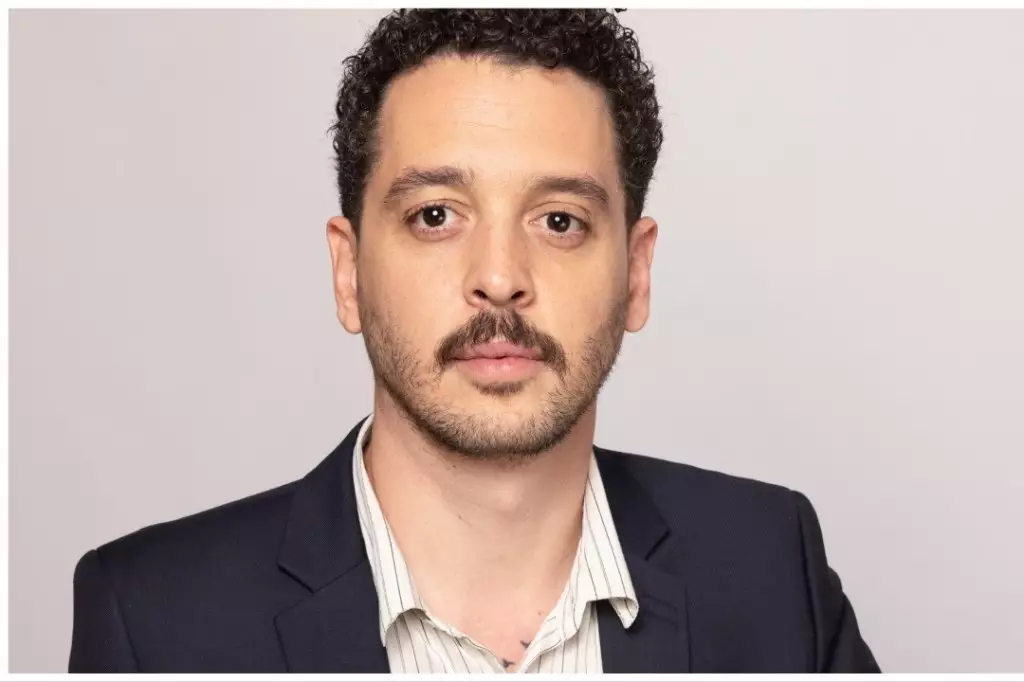Inshallah A Boy, directed by Amjad Al Rasheed, has been making waves since its premiere at the Cannes Critics Week. The film, now competing at the Red Sea International Film Festival, tells the powerful and heart-wrenching story of a Jordanian housewife, portrayed by Mouna Hawa, who finds herself on the brink of losing her home and daughter after her husband’s untimely death. This injustice stems from the local laws and customs that deny inheritance rights to women, leaving her desperate and helpless. Her only glimmer of hope lies in the birth of a son, who would be entitled to inherit their home.
Al Rasheed draws from his own personal experiences and those of a close relative to craft this poignant story. He reveals that the inspiration behind Inshallah A Boy came from witnessing his relative’s struggle in a similar position. Although she was eventually allowed to remain in her home, Al Rasheed reflects on the question of what would have transpired if her in-laws had refused. This sparks the central question of the film, “What if she had then said no to all these laws and traditions?”
Inshallah A Boy serves as a powerful and timely exploration of the gender roles and customs deeply ingrained in Jordanian society. It sheds light on the systematic oppression faced by many women who find themselves victimized by these traditions. The film confronts the consequences of these customs head-on, delving into the profound complexities and dilemmas faced by women like the main character.
While rooted in Jordanian culture, Inshallah A Boy ultimately speaks to a more universal struggle for women’s rights. It shines a light on the inequities present in various societies worldwide, where archaic laws and traditions marginalize women and deny them their rightful place. Through the lens of a personal story, the film invites audiences to question and challenge these societal structures that perpetuate gender inequality.
At its core, Inshallah A Boy is a testament to the resilience and strength of women in the face of adversity. The protagonist’s determination to protect her home and daughter fuels the narrative, inspiring viewers to recognize and support the fight for women’s rights. The film serves as a rallying cry for change, urging audiences to question the status quo and work towards a more inclusive and equitable future.
Inshallah A Boy, with its compelling narrative and exceptional performances, contributes to the ongoing global dialogue surrounding women’s rights. By presenting a deeply personal and emotionally charged story, the film sparks empathy and calls for action. It challenges societal norms and forces audiences to confront the injustices faced by women every day. As it continues its journey in festivals and international screenings, Inshallah A Boy promises to make a lasting impact and inspire change.
Overall, Inshallah A Boy, directed by Amjad Al Rasheed, shines a spotlight on the struggle for women’s rights in Jordan and beyond. With its honest portrayal of a woman’s fight against oppressive traditions, the film demands attention and pushes for societal change. By tackling universal and timeless issues, Inshallah A Boy invites audiences to take a stand and be agents of progress in the ongoing battle for gender equality.

Leave a Reply